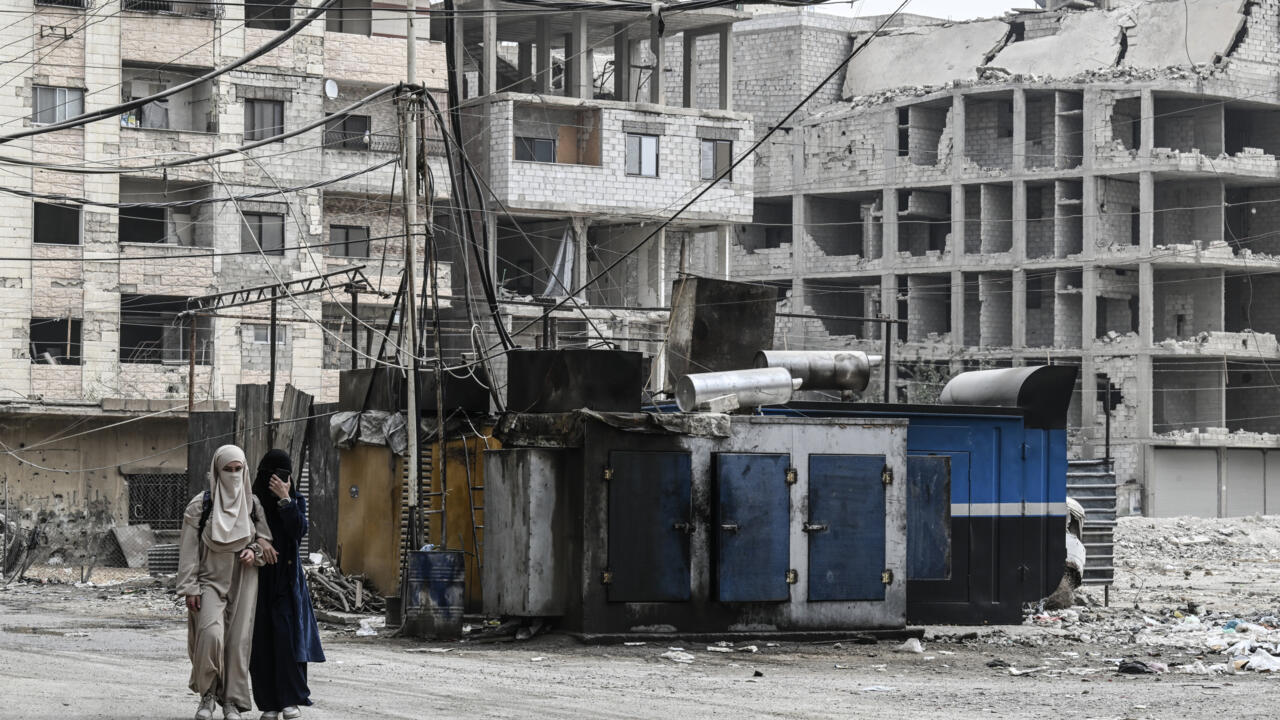
After years of prolonged power cuts, the capital, Damascus, is witnessing a noticeable improvement in electricity service. Although challenges remain, the change has already brought a positive shift in the daily lives of families and businesses across the city.
Positive Impacts on Homes and Education
Maha Damashqieh, a housewife from Damascus, expressed her relief at the improved situation. Telling Levant24, “Electricity is much better now, and food no longer spoils because the refrigerator and freezer run continuously.” She added that daily tasks such as doing laundry have become easier, and families have stopped relying on costly batteries. This stability, she noted, has restored an essential part of daily comfort and peace of mind for households.
Lawyer Fares al-Ahmad also highlighted the significance of the improvement. “The change is remarkable and incomparable to the past, whether in homes, schools, or businesses,” he said, noting the positive effect on students who can now study without worrying about extended outages. However, he urged the government to review the new electricity pricing, emphasizing that “electricity is a citizen’s right” and warning that current living costs cannot sustain further increases.
A Boost for the Commercial and Service Sectors
The improved power supply has also revitalized businesses. Abu Omar, who owns a sweets shop in the Mezzeh neighborhood, said, “The longer electricity hours have had a strong, positive impact on our work.” He explained that his shop now operates entirely on grid electricity instead of expensive backup options that previously drove up product prices.
Similarly, Elias Farah, a restaurant owner in Bab Touma, expressed satisfaction with the improvement. He stressed the importance of a stable supply for operating ovens, refrigerators, and heating and cooling equipment, especially amid fluctuating weather conditions.
Fair Distribution and Pricing Concerns
Despite the positive developments, citizens continue to raise concerns. Ahmad noted the “disparity in electricity supply between neighborhoods,” saying that some areas, such as Al-Muhajirin, receive better service than others. He called for a fairer distribution system to ensure equality among residents.
In an exclusive statement to Levant24, an official source in the Electricity Department at the Ministry of Energy explained that the recent price increase was due to rising operating and maintenance costs, as well as the need to modernize the grid and ensure supply stability.
The source stated the new tariff, 600 Syrian pounds per kilowatt-hour, was determined after a cost analysis, while maintaining subsidies for low-income households and those with limited consumption. “We understand the public’s concerns,” the official said, “and the Ministry has focused on improving service reliability to reduce indirect costs caused by power outages.”
According to the source, the new system includes a subsidized consumption bracket with prices up to 60% lower than production costs to protect vulnerable families. Incentive rates were also introduced for workshops and small enterprises to encourage productivity. The Ministry emphasized that its ultimate goal is to establish a more efficient, balanced, and equitable electricity system for all citizens.








